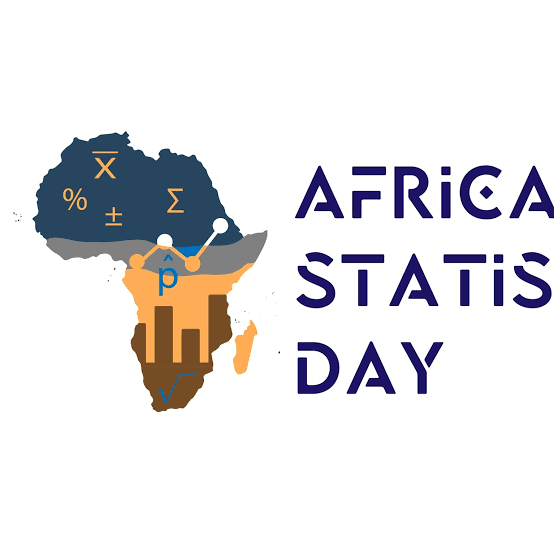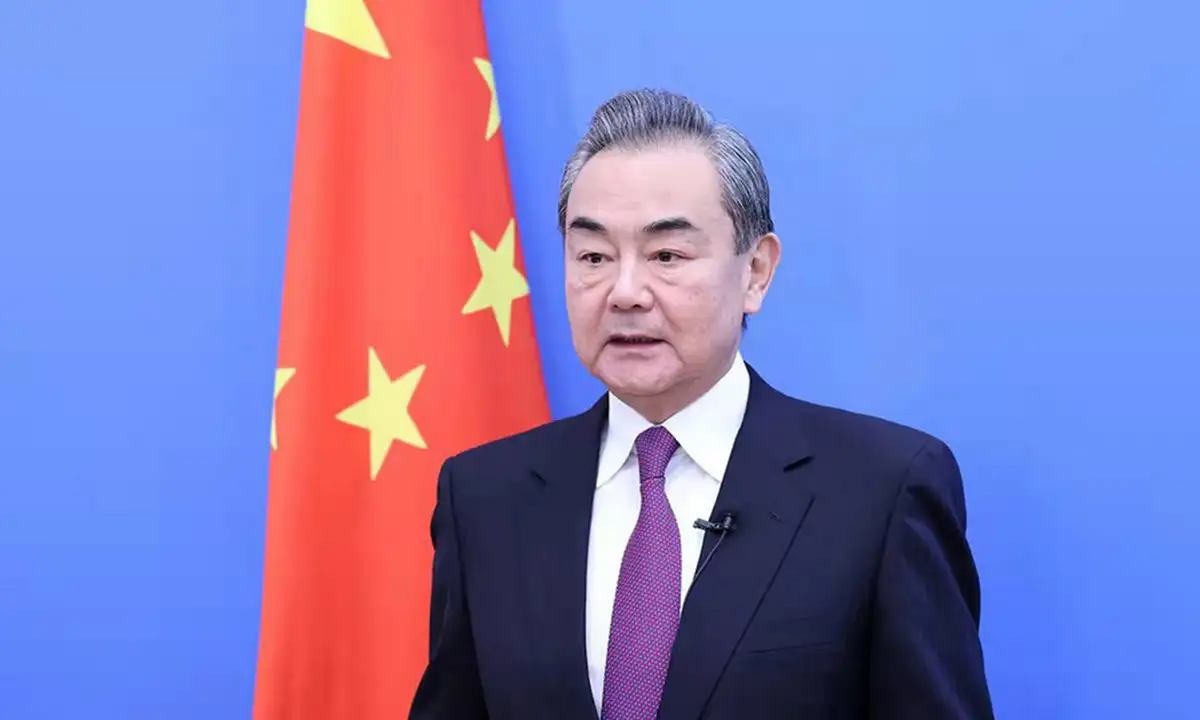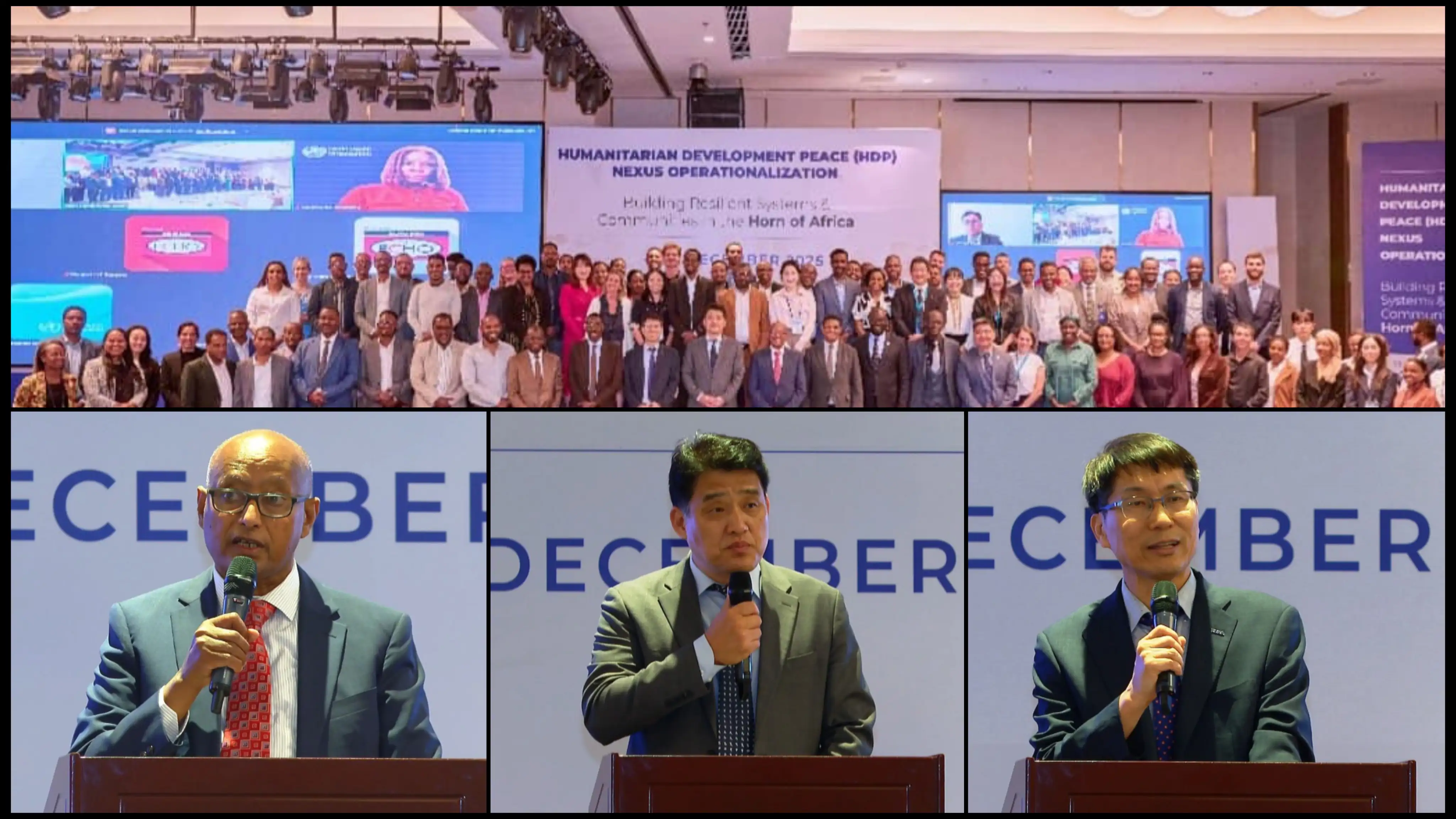Africa has marked African Statistics Day under the theme, "Leveraging innovations in data and statistics to promote a just, peaceful, inclusive and prosperous society for Africans." This theme is directly inspired by the African Union's 2025 focus on "Justice for Africans and people of African descent through reparations."
The annual event, celebrated on November 18, aims to raise public awareness of the essential role statistics play in shaping economic and social development across the continent. This year's observance will emphasize the critical need to harness the transformative power of data and statistical innovations to address Africa’s most pressing development challenges, particularly in areas of governance and security.
Despite some progress, Africa continues to grapple with significant development challenges, making reliable data more vital than ever:
Food Security and Hunger: More than one in five people in Africa faced hunger in 2024, with average hunger levels on the rise.
Peace and Security: According to the Global Peace Index 2025, the average peacefulness score in sub-Saharan Africa declined over the past year. The region faces security crises, including political unrest and rising terrorism, with six of the ten countries most negatively affected by terrorism globally located in sub-Saharan Africa.
SDG Monitoring: While data availability for Sustainable Development Goal 16 (Peace, Justice, and Strong Institutions) has improved, most countries still lack sufficient data points to accurately measure and report progress on related indicators.
To effectively track and address these challenges, the focus of African Statistics Day is on transforming national statistical systems through innovation and technology.
Several African nations are already adopting cutting-edge approaches:
Digital Governance: Emerging technologies like Artificial Intelligence (AI) and mobile data are being used to improve public services. Examples include digital platforms for social services, interoperable banking for financial inclusion, and the use of biometric identification systems.
Modernized Data Collection: The Ghana Statistical Service is modernizing governance statistics collection using computer-assisted telephone interviews. Meanwhile, Uganda’s Ministry of Justice is working to harmonize and improve the interoperability of its administrative data systems.
International Support: Initiatives like the joint Sustainable Development Goal 16 Survey Initiative (developed by UNDP, UNODC, and OHCHR) provide high-quality tools for States to measure progress on peace and justice indicators. The Praia Group on Governance Statistics is also crucial in developing international standards for governance data.
African States are strongly urged to scale up investment in data innovation—including geospatial technologies, big data, and citizen-generated data—to increase the efficiency and effectiveness of their data value chains and ensure reliable statistics are available for monitoring peace, justice, and socioeconomics.




